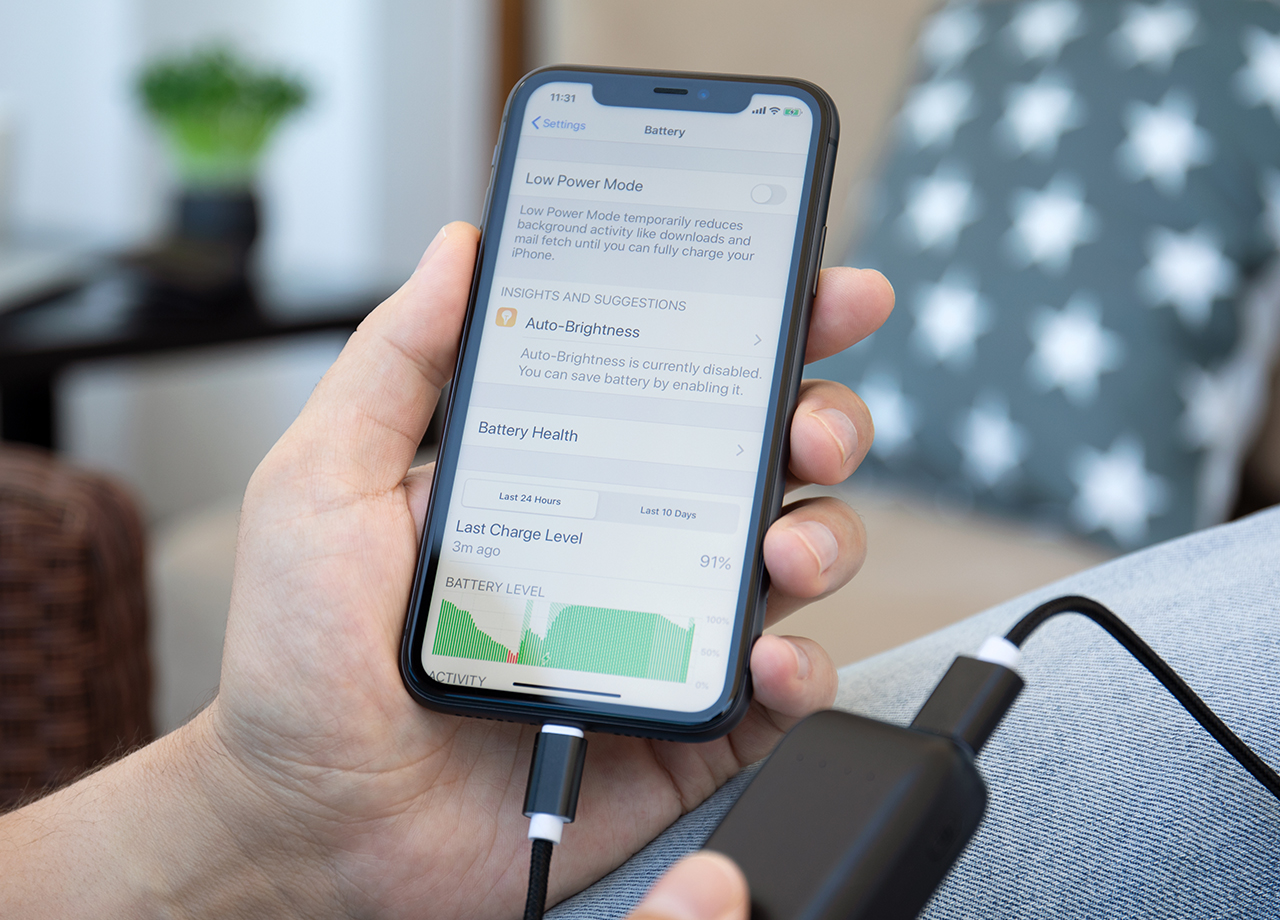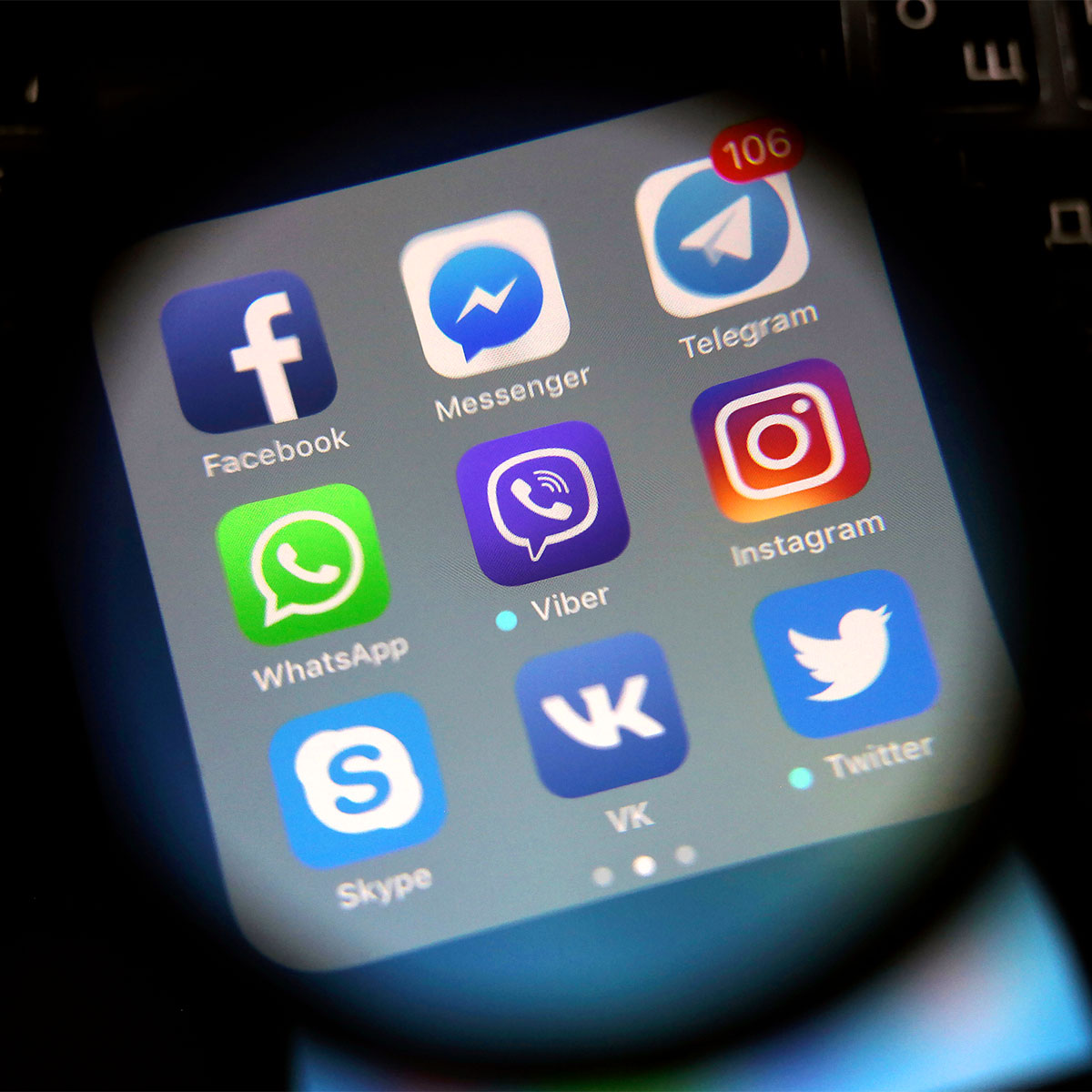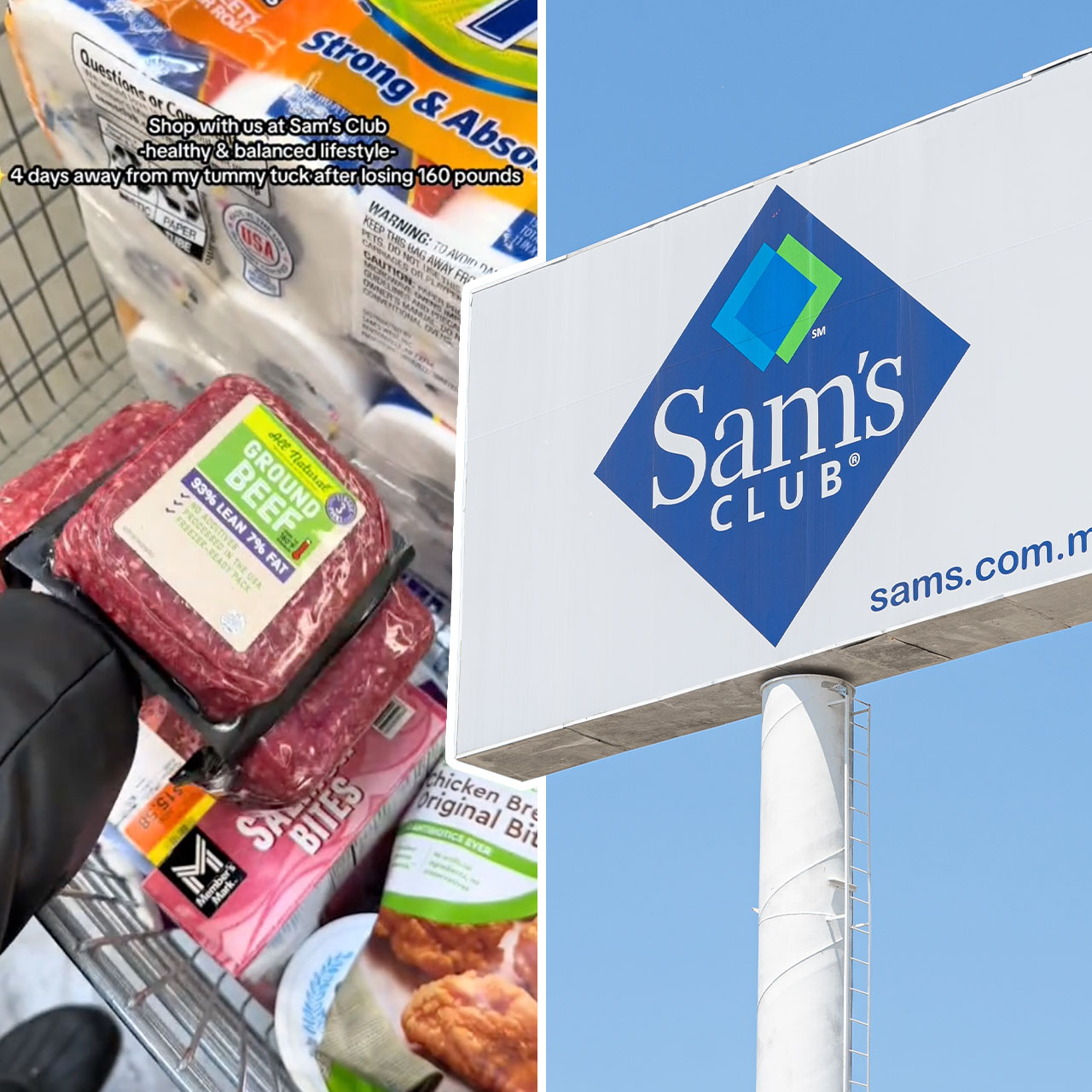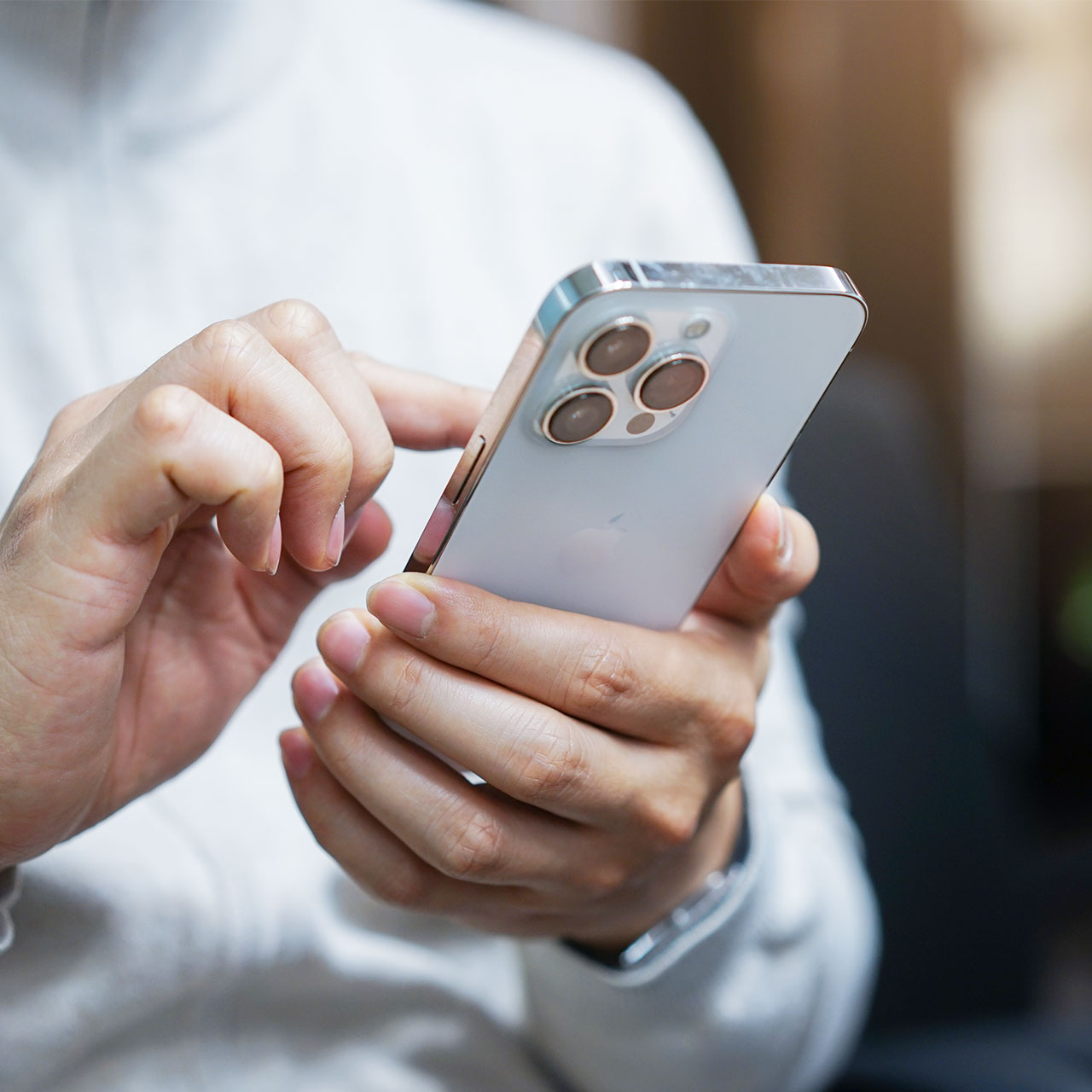You may not be aware of how many apps on your phone are collecting tons of private data about you. You may have unknowingly given these apps permission to do so way back when you downloaded them (who can even remember what you said yes and no to when you were just excited to use the app) and now it has amassed tons of data that it could be using for purposes such as selling your info to third-party advertisers.
But before we get ahead of ourselves, which apps are the worst offenders? And what info, exactly, could they be snatching from you? Here are the top data-sharing apps.
Facebook is regularly featured on lists of the worst apps when it comes to data. You can expect the social media app to track and collect info about your contacts, health and fitness, financial info, search history, usage data, and browsing history.
This may not come as a shock since Instagram and Facebook are owned by the same company, but the photo and video-sharing app is another collected of data that includes your contact information, health and fitness data, financial info, location, the purchases you make, and your search history.

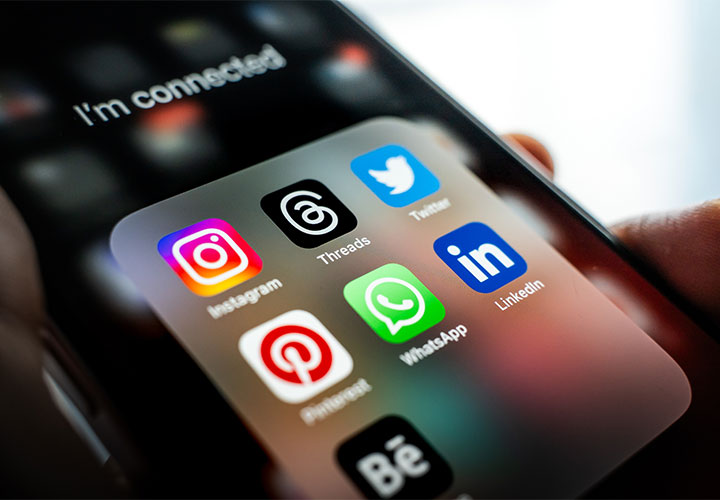
You may not place LinkedIn in the same category as you would Facebook or Instagram since, at the end of the day, the app exists to help you connect in a professional way that could be beneficial to you in the long-run. But in order to connect you to like-minded individuals and help you find employment, remember: it’s collecting quite a bit of information about you. LinkedIn collect your financial information, location, financial info, contacts, diagnostics, and user content.
You may not place LinkedIn in the same category as you would Facebook or Instagram since, at the end of the day, the app exists to help you connect in a professional way that could be beneficial to you in the long-run. But in order to connect you to like-minded individuals and help you find employment, remember: it’s collecting quite a bit of information about you. LinkedIn collect your financial information, location, financial info, contacts, diagnostics, and user content.
To help minimize the amount of data apps collect about you, make sure you always read their data collection policies, check for privacy details before you download apps, and search through your phone’s permissions to make sure you don’t find installed apps. And don’t forget to delete any apps on your phone that you rarely or never use.




